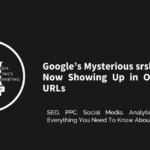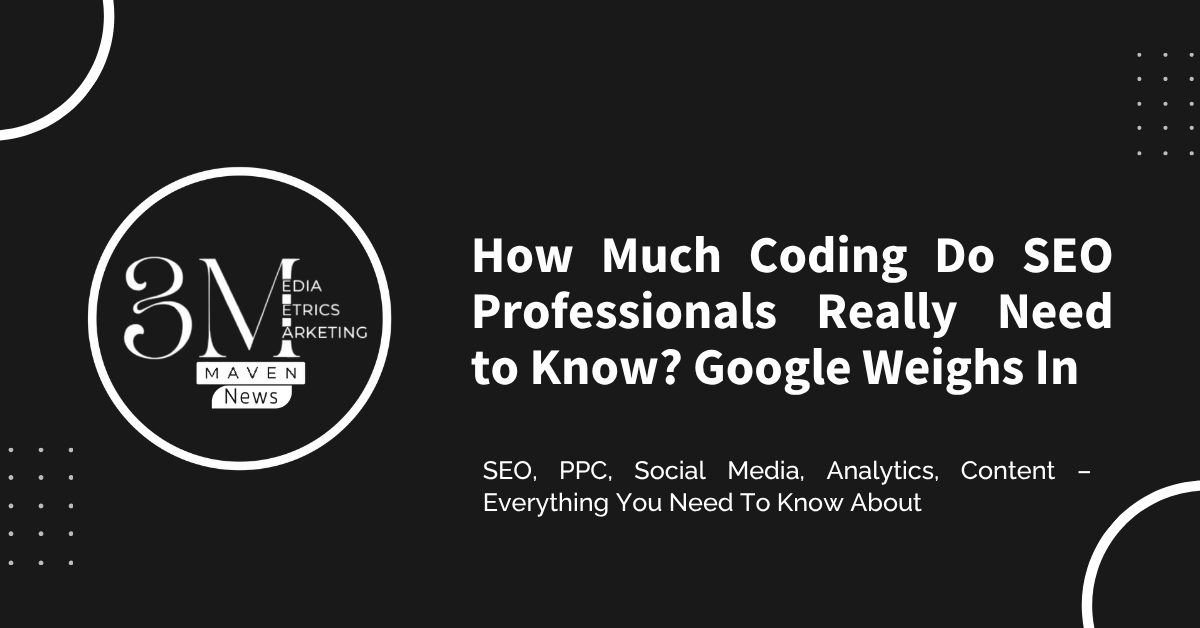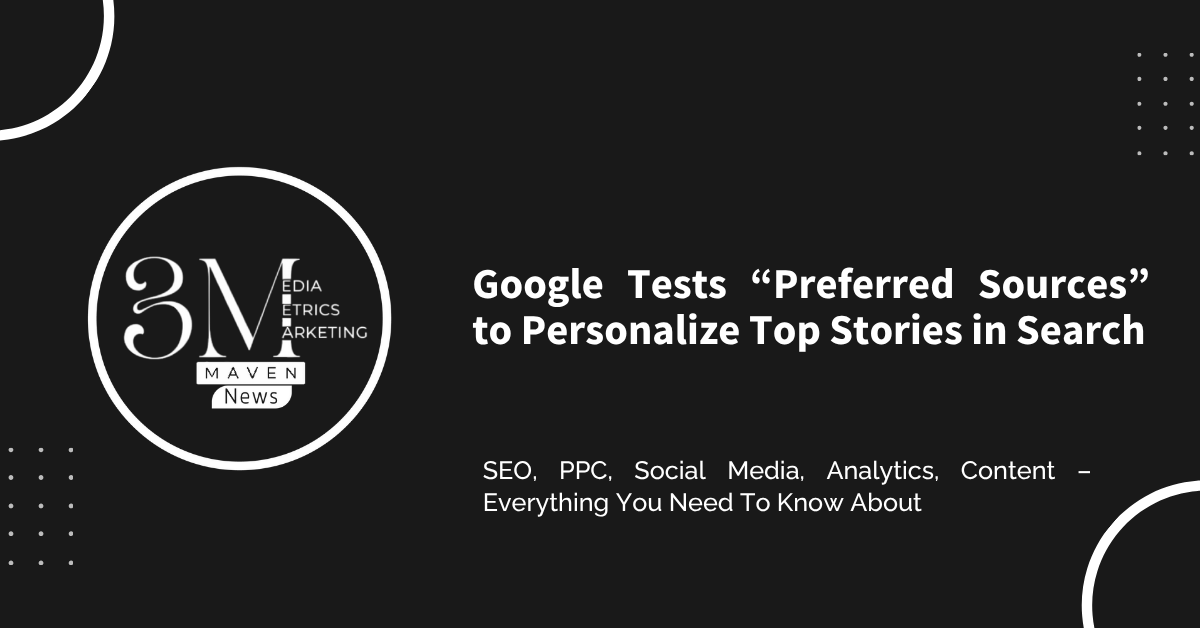In a recent episode of the Search Off the Record podcast, Google’s Martin Splitt and Gary Illyes tackled an ongoing debate in the SEO community: how technical should SEO professionals be?
Their response? While deep coding skills aren’t mandatory, having a solid understanding of web technologies can significantly enhance an SEO expert’s effectiveness.
Bridging the Gap Between SEO and Development
Splitt pointed out that there’s often tension between developers and SEO specialists. Even when speaking at developer-focused events, he noted that SEO discussions tend to enter a space with built-in skepticism.
This friction isn’t just theoretical—it can lead to real issues. Illyes shared a cautionary tale involving a large agency that added a calendar plugin across multiple sites, unintentionally creating 100 million new URLs. This overwhelmed Googlebot’s crawl budget and caused performance problems—something that could have been avoided with better cross-team communication.
What Technical Knowledge Is Actually Useful for SEO Pros?
According to Splitt, SEO professionals don’t need to master programming languages like C++ or JavaScript to succeed. However, they should understand foundational web concepts such as:
- What HTTP headers are
- How HTTPS works, including SSL certificates and secure connections
- The differences between HTTP/1.1 and HTTP/2
- The basics of how JavaScript impacts page rendering
This level of understanding helps SEOs make informed decisions without needing to write code themselves.
It Depends on Your Role
The duo emphasized that SEO is a broad field, and the required level of technical expertise varies depending on your focus. For example:
- Content strategists or international SEO specialists may not need deep technical knowledge.
- On the other hand, those involved in site migrations, audits, or working closely with developers will benefit greatly from stronger technical literacy.
“Some SEO professionals excel at handling content localization and market-specific strategies,” Splitt explained. “They operate more on the strategic and linguistic side rather than the technical one.”
Still, even those in non-technical roles can benefit from understanding the “why” behind technical recommendations.
Key Takeaways for SEO Practitioners
- Technical awareness beats coding skills. Understanding how websites work is more valuable for most SEOs than being able to write code.
- Tailor your learning to your role. If you’re dealing with backend systems or complex website structures, invest time in learning relevant technical concepts.
- Avoid blind implementation. Knowing the reasoning behind SEO best practices helps prevent costly mistakes.
- Improve collaboration. Better communication between SEO teams and developers can prevent technical errors that impact search performance.
Looking Forward
As websites evolve and rely more heavily on JavaScript frameworks, SEOs who grasp the fundamentals of web development will be better positioned to adapt.
Google’s message is clear: You don’t need to become a developer, but gaining a working knowledge of how websites function can make you a more effective SEO professional.
Closing the gap between marketing and development teams will be key to navigating the increasingly complex digital landscape.










